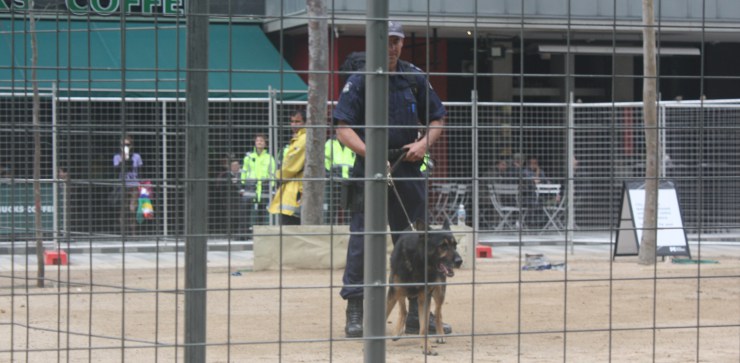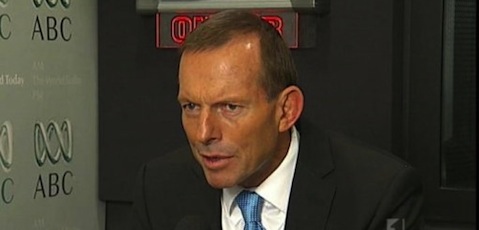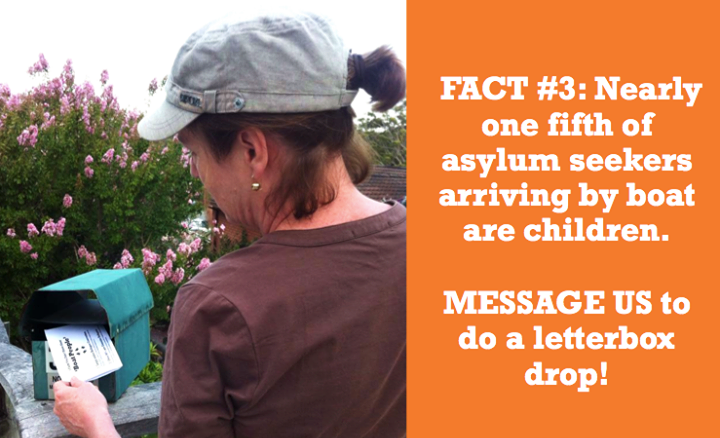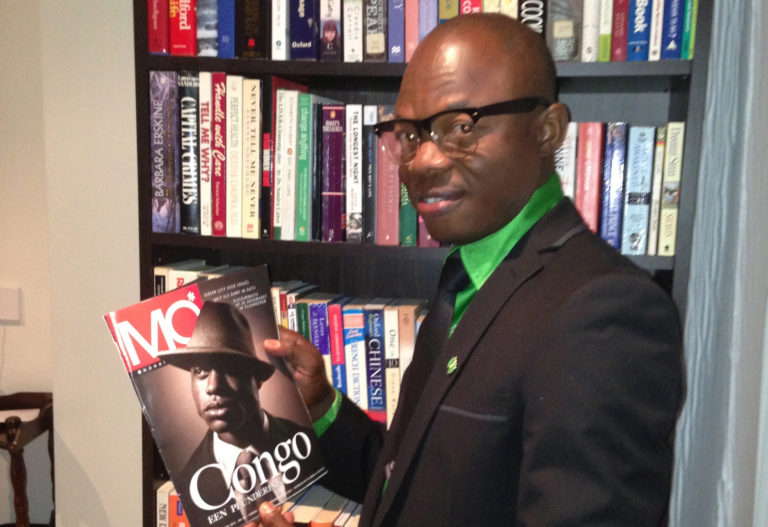
After Democracy: Victoria’s new anti-protest laws
James Muldoon explains the wide discretionary powers Victoria’s new anti-protest law provide police to “move on” political dissent, trade unionism, and home

James Muldoon explains the wide discretionary powers Victoria’s new anti-protest law provide police to “move on” political dissent, trade unionism, and home

Asher Hirsch on surveillance and human rights.

Steph Murphy asks whether technology is really expanding our horizons in her article on the internet, smart searching and confirmation bias.

Conversations in the media around the Racial Discrimination Act and ABC reporting have both highlighted the need to examine rights and obligations in regard to accessing and publishing information, writes Pia White.

Sarah George, co-ordinator of the national education program “Five Facts You Didn’t Know About ‘Boat People’”, tackles social media, online protesting and planning a popular campaign.

On technology, smart phones, journalism, and the representation of voices from the South – Lyndal Rowlands talks to Australia’s DRC-born Eric Mwamba. The first in our forthcoming Issue on Technology and Human Rights.

Last month, Right Now focused on rights issues and cultural shifts. Here, Right Now’s editorial team present 10 landmark cases that arguably shifted how rights are protected in Australia.

Melissa Reid looks at media coverage of Kony and asylum seekers to ask, does our fast-paced media culture need to change?

NGOs need the freedom and independence to criticise government policies where necessary but the high rate of government outsourcing to the NGO sector is putting this independence at risk. Asher Hirsch explains.

Lyndal Rowlands explains the how and why of the ghettoisation of voices online, and the need for an inclusive cyberculture.

“What’s your name?”
He told them.
“Where does that name come from?”
“From? My mother.”

With the Coalition set to change racial discrimination laws, John Alizzi explains why the whole debate misses the mark.